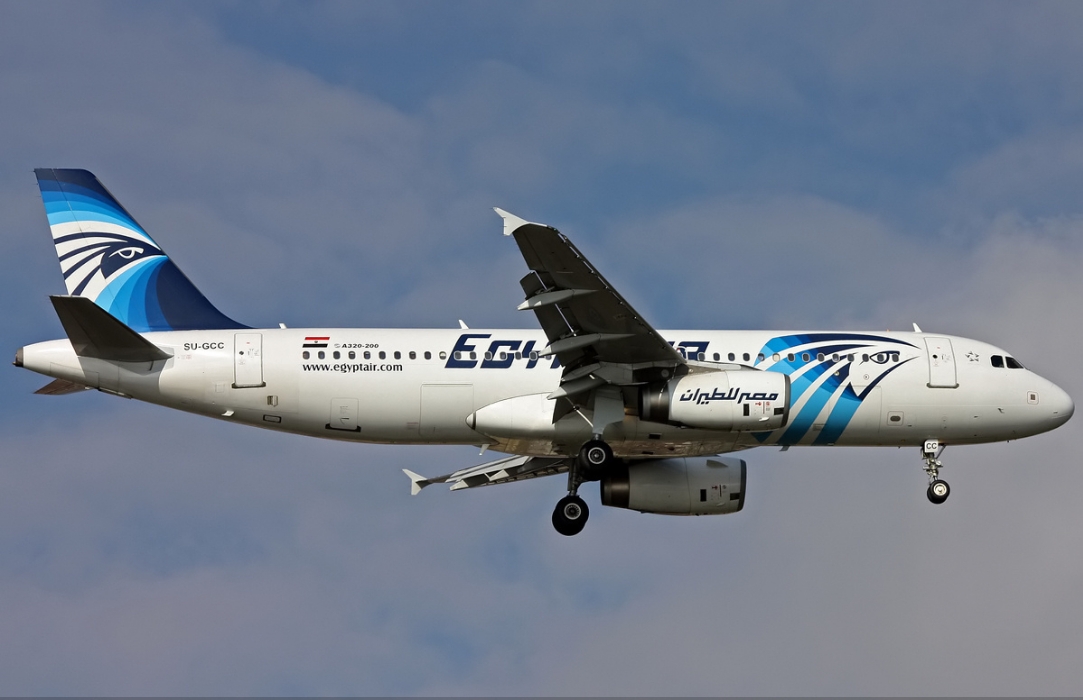
France’s Bureau of Investigations and Analysis, the agency responsible for that country’s air accident investigations, has confirmed that they have detected a signal coming from one of the black boxes from the ill-fated May 19th EgyptAir flight that crashed into the Mediterranean Sea on its scheduled flight from Paris to Cairo.
BEA Director Remy Jouty said in a statement, “The signal of a beacon from a flight recorder could be detected. … The detection of this signal is a first step.” Now that the box signal has been detected, authorities can now work to find an exact location so that Deep Ocean Search can retrieve it.
Because the box signal has limited transmitting capabilities, authorities believe they are very close to the resting place of the box.[xyz-ihs snippet=”adsense-body-ad”]
Up until now, only small pieces of wreckage has been found from the crash, no larger sections such as fuselage or wing parts have been located. Authorities hope that main portions of the wreckage can be located in close proximity to the box.
Time is of the essence in the search for the black box from the aircraft, the box’s batteries will cease to emit their signal after approximately one month.
Once the boxes from the Airbus are retrieved, they will be transported to Egypt, where investigators hope to discern the cause of the crash. Flight data recorders collect about 25 hours of data from the aircraft’s sensors and the Cockpit Voice Recorder will provide communications between the flight crew and possibly background noise such as alarms.
The Airbus A320-232 was on its fifth flight of the day. It was on its way back to Cairo when it went down without warning, turning first right then left and dropping down to 15,000 feet before disappearing from radar.
The flight had 66 people aboard at the time of the incident. 56 of those were passengers, of which three were children, including two infants. The remainder consisted of two pilots, five flight attendants, and three security personnel.[xyz-ihs snippet=”Adversal-468×60″]







